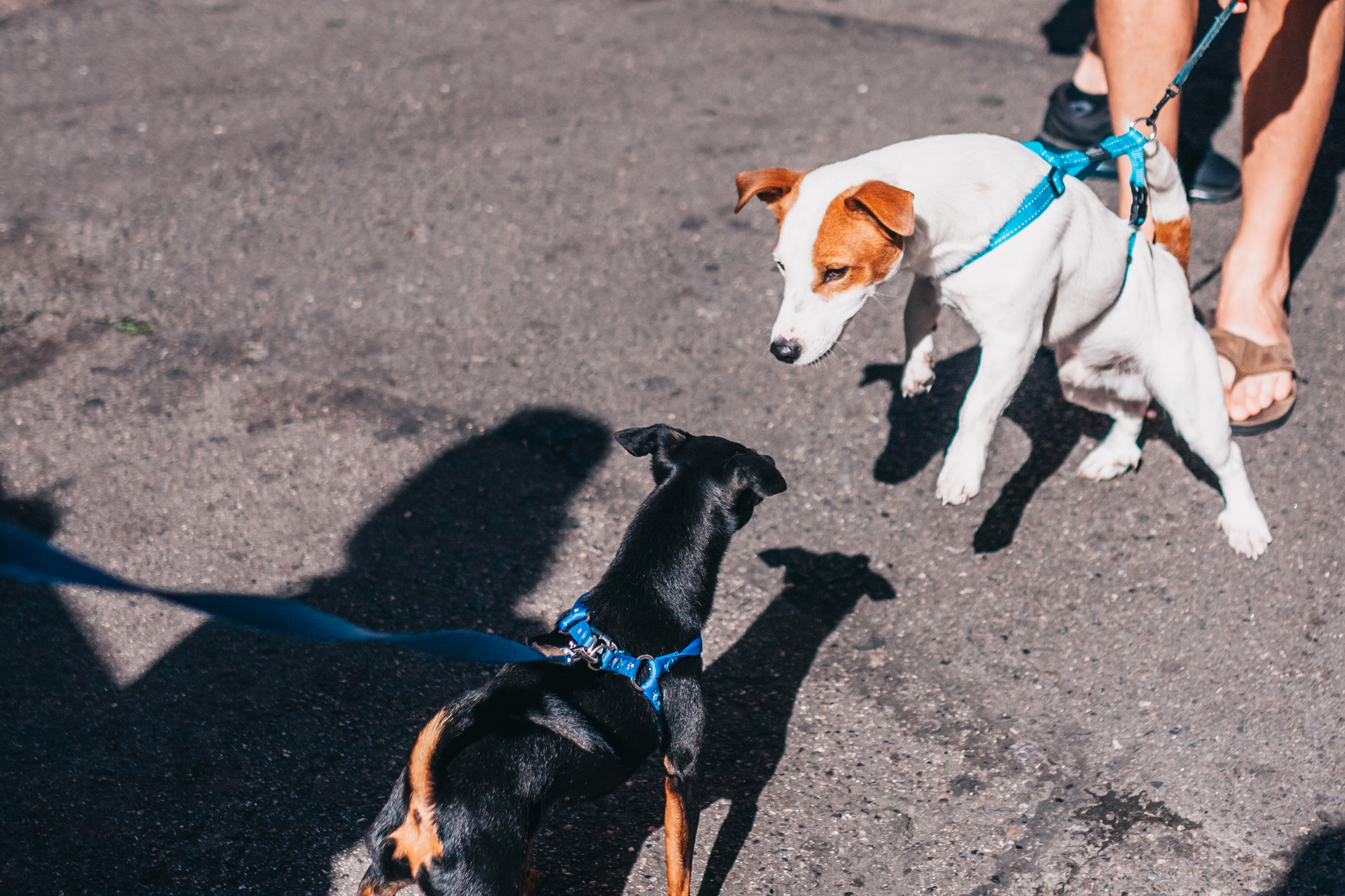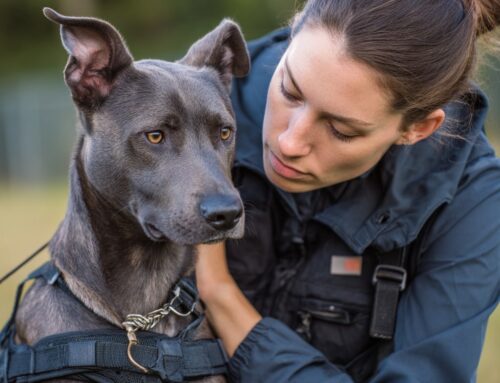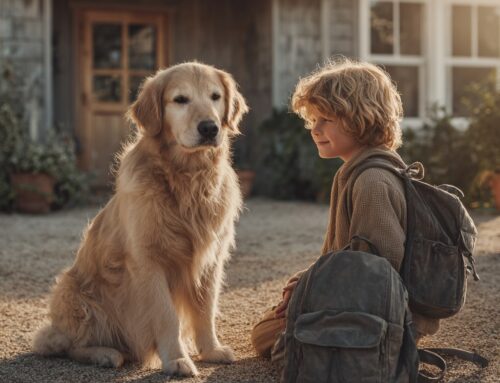When it comes to leash aggression, you’re not alone. Many pet parents are surprised to learn that leash aggression, also known as leash reactivity, is relatively common. Even though it is, different root causes may make it more complicated.
In most cases (but not all), a dog is perfectly content playing with other dogs, be it at the dog beach or a doggie daycare setting. However, that personality changes as soon as a leash comes into the picture.
Common Signs Of Leash Aggression:
There are various signs of leash aggression which include but are not limited to the following:
- Barking
- Howling
- Lunging
- Biting
Many parents can attest to the fact that when their dog notices another dog, it’s nearly impossible to get their pet’s attention back to them once again. Not even a tasty treat or pulling back on the leash can break this focus — it’s almost as if the more a pet parent pulls on the leash, the more reactive their dog becomes in the moment.
The Causes Of Leash Aggression
Every dog that experiences leash reactivity expresses it differently. Some common reasons for leash aggression include:
Fear Reactivity: The best way to describe fear reactivity is a defense mechanism. An example of this that comes to mind is for dogs who had a traumatic experience with another dog (i.e., attacked), even in its puppyhood. Being reactive on a walk tells the other dogs to stay clear. Fear reactivity comes in all shapes and sizes.
Frustration Reactivity: On the other end of the spectrum, there is frustration reactivity. This stems from a very excitable dog who wants to play with another dog while on a walk. In turn, the owner is pulling back on their dog, which causes them to become frustrated and can invariably lead to frustration reactivity.
Pain Reactivity: Pain reactivity is also a consideration for dogs that never had any previous issues (i.e., frustration or fear) and one day become reactive due to pain. This reactivity keeps dogs away from them to stop any more pain that may head their way from engaging with another dog.
Can Leash Leash Aggression Get Worse Over Time?
Yes, it can. This is so because leash aggression becomes a learned behavior over time and can escalate with age. The root of solving leash reactivity is to get your dog’s focus off of another dog and back to you once again through a reconditioning process. The best method is obedience skills under distraction.
Need More Help?
Performance K9 Training has helped countless pet parents with leash aggression cases with a comprehensive behavioral modification program. Contact us now to learn more about how we can help.








